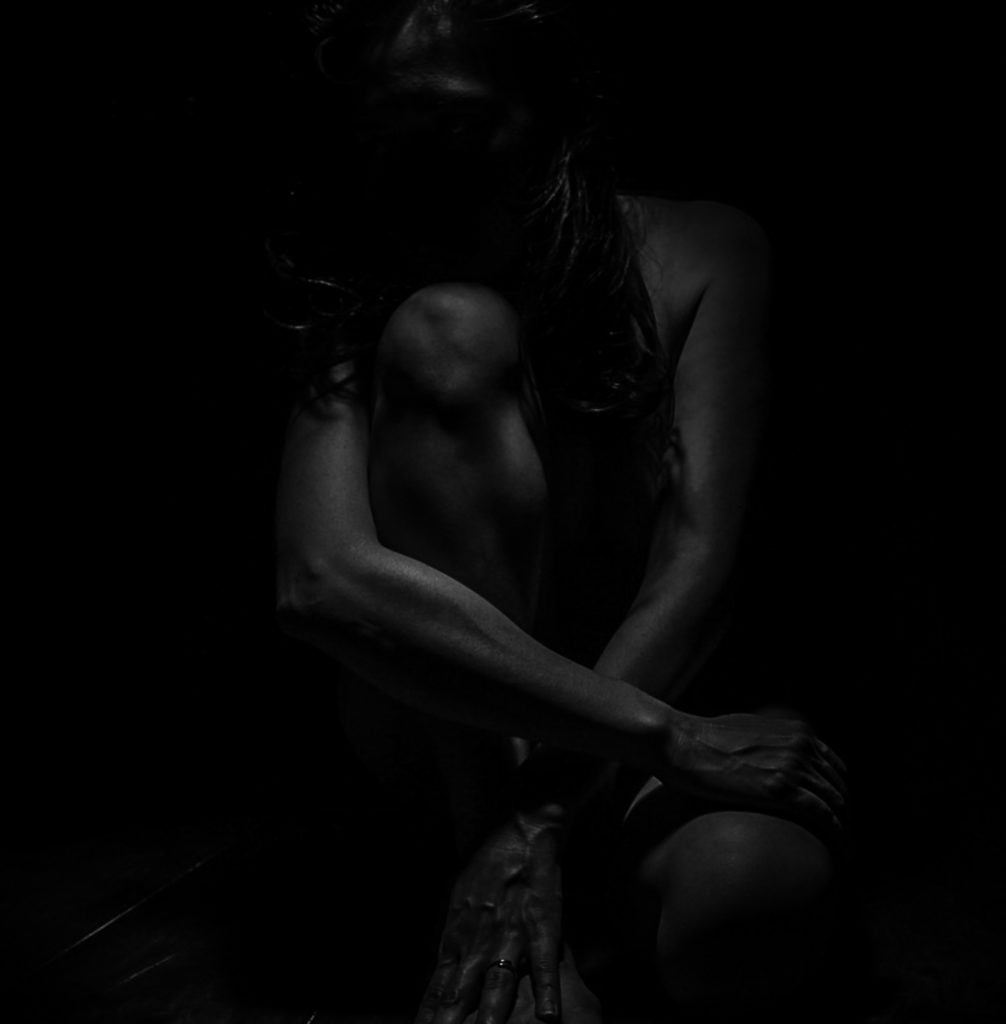Revenge porn – the release of one’s intimate images or videos online without consent – is a kind of cyber harassment that has become prevalent in the internet age. Mobile phones are becoming more and more powerful and most models include cameras as a standard feature. Sharing images and videos is quicker and easier than ever, even from the comfort of home. This has facilitated the exchange of intimate images between partners via social media and instant messaging services like WhatsApp.
Unfortunately, this advancement of technology also bears dire consequences. In addition to rape, sexual harassment and other forms of abuse, revenge porn is now another weapon that men employ to deliberately shame women and destroy their reputations. These attacks are an effort to limit what victims can dream and hope to achieve.
The perpetrators seek to wield power over women, extort sex and/or money from women, coerce them into staying in abusive relationships, and cause them to cower into submission. Because the consequences are so grave, exposing private content is a powerful weapon. We have seen it work effectively against successful Ugandan women like music artiste Desire Luzinda, model Judith Heard, media personalities Anita Fabiola and Kleith Kyatuhaire (the latter were both consequently fired from their jobs after their nude pictures were leaked). The recent victims to this dehumanization are: photographer, rising star Martha Kagimba and Ebonies Group actress, Princess Becky Jjuuko.
All women are vulnerable to this threat because we are all potential targets. The possibility of it, like rape, informs the decisions we make about where we go, how we behave, who we trust, and the manner in which we lead our lives. It actively constrains us and forces us to shrink ourselves, while placing an enormous amount of power in the hands of the men with whom these images, much like sex, are shared in confidence. Unfortunately, Ugandan systems continue to enable this behaviour.
In 2017, a nine-member Pornography Control Committee was constituted by the government of Uganda under the Anti-Pornography Act 2014, to detect and prohibit the distribution and consumption of pornography. In addition they received 2 Billion Uganda shillings to operationalize this work. The Pornography Control Committee’s chairperson, Annette Kezaabu Kasimbazi, has said in media interviews that they have a responsibility to “safeguard the survival and success of our children and the future of Uganda.” But how can we safeguard the future of Uganda without attending to the women whose livelihood and autonomy are threatened by revenge porn?
Instead of addressing this threat, the committee has hounded the victims of revenge porn, accusing them of distributing their own images. By never investigating or prosecuting the actual perpetrators or media channels that distribute these images, the committee gives abusers the power not only to destroy everything a woman has built, but to do so with legal impunity. The committee is thus endorsing the fallacy that an adult woman who engages in consensual sex or intimacy is engaging in behaviour that is shameful and degraded.
The government should re-define the role of the Pornography Control Committee to protect members of the society who are most vulnerable to the threat of revenge porn including women, children and sexual minorities. The role of the committee should also include sensitization of the public about the harmful ways in which revenge porn hurts all of us, treatment strategies for all survivors of sexual violence like rape and revenge porn, and ensure prosecution of perpetrators that forsake women’s right to physical and emotional autonomy and integrity by publishing these images publicly without their consent.
Most importantly, the government must consider classifying revenge porn as a sexual offence. Members of the committee and legislators should invest time and resources to study how revenge porn, much like rape, is a horrendous invasion of sexual privacy and personal space and the negative consequences like anxiety, depression and even suicide are very much similar to those experienced by survivors of rape.
The 2016 Sexual Offences Bill which was tabled in Parliament will be re-tabled to consolidate all laws relating to sexual offences, combat sexual violence, provide for the punishment of perpetrators of sexual offences, provide for procedural and evidential requirements during trial of sexual offences and other related matters. While the bill is a step in the right direction to fill the gaps in the existing legal framework, it is vital that legislators move to include revenge porn as a form of sexual violence in law and policy – so as to not only protect victims, but also encourage them to come forward and report these crimes.
Attorney, Mercy Munduru shares some ways in which victims can find redress within the existing legal framework, in this Black, No Sugar episode on Revenge Porn: https://youtu.be/POHsVul96RE
